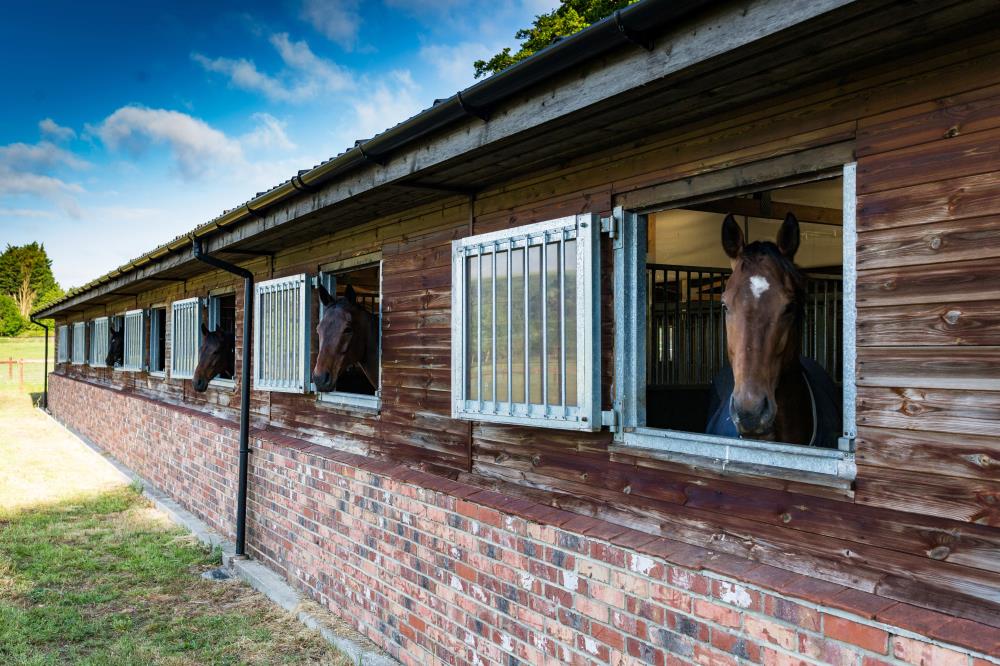The Upper Tribunal (Lands Chamber) has issued its decision in Simon Earle Racing Ltd v Virk (VO) [2022] UKUT 311 (LC). This case was dealt with under the simplified procedure and related to the 2017 rating list assessment of racing stables in Wiltshire. The stables had been assessed at RV £14,500 and, following an appeal by the ratepayer, the Valuation Tribunal for England (VTE) had determined that this should be reduced to RV £13,750. Before the Upper Tribunal, the ratepayer sought an assessment of RV £12,000, and the respondent Valuation Officer an increased figure of RV £15,000.
The appeal property was rented, but there was dispute between the experts as to the analysis of the rent, and further dispute as to the analysis of a number of rented comparables. The Tribunal was clearly concerned that the experts had not been able to agree the analyses, or even the facts behind the analyses.
The Tribunal’s decision included re-analysis of all the rental comparables; but then concluded that most of them were of little assistance because they fell significantly after the Antecedent Valuation Date, including the rent of the appeal property. The Tribunal adopted a base value (per stable) derived from agreed assessments, rather than from the rents, and then applied two allowances – one for lack of residential accommodation (10%), and the other for shared access (2.5%), to determine an assessment of RV £12,200.
Whilst the subject matter of the case (racing stables) is, clearly, a specialist class of property with its own valuation questions, some lessons of general assistance to valuers can be drawn from the decision. The first is the importance of agreeing the facts behind any comparable transactions that are to be referred to. Without agreed facts, the analysis of comparables, even an agreed form of analysis, cannot proceed confidently. Where that happens, the outcomes from the evidence may well move away from the approach presented by either party. In appeals such as this, an experts’ joint statement is a significant document that should assist not just the Tribunal, but also the parties to the appeal. The reliability of evidence, even that relating to the subject property, will very much depend upon the extent to which that evidence is relevant to the valuation date.

